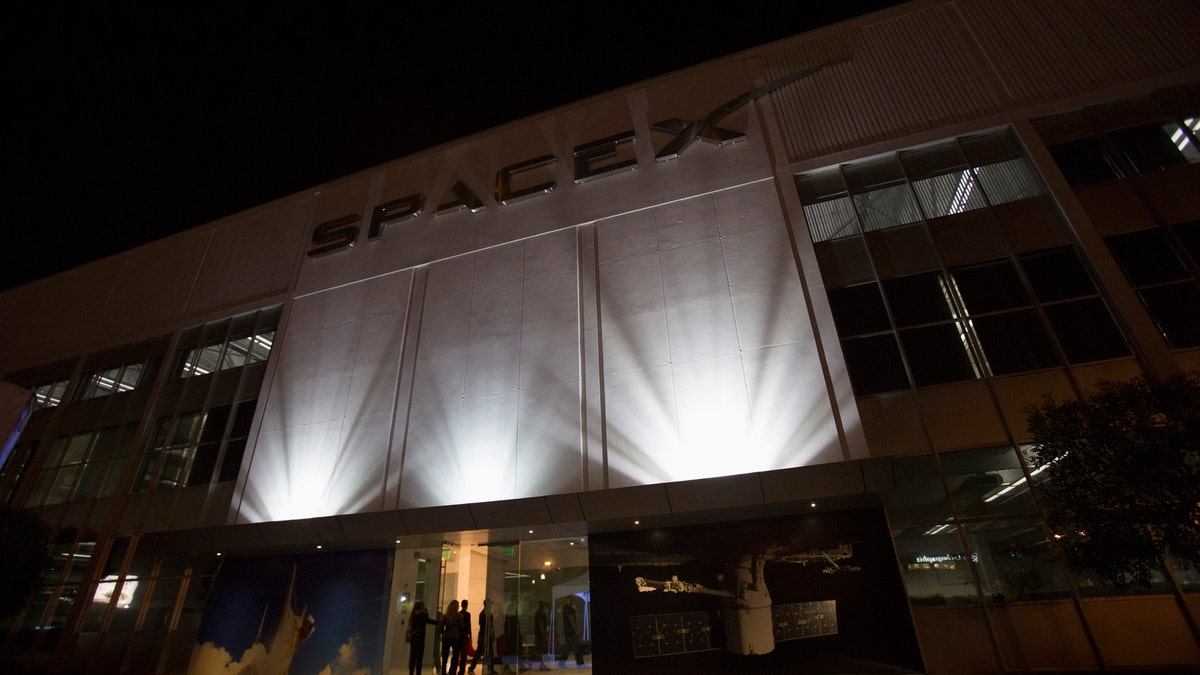
File photo: An exterior of the SpaceX headquarters in Hawthorne, California May 29, 2014. (REUTERS/Mario Anzuoni)
When some fella called Elon Musk pondered the idea all those years ago of launching a rocket, landing it, and flying it again, some folks likely scoffed, while others perhaps choked on their coffee; a few may even have wondered if they should call a doctor.
But then Musk went and did it.
Now, Musk's company, SpaceX, is getting rather good at reusing its rockets, scoring a third successful mission of this kind on Wednesday. Such a system aims to drastically lower the cost of space travel, allowing for more missions and, in time, more ambitious journeys into deep space.
The private space company launched a Falcon 9 from Kennedy Space Center at just after 6.50 pm ET. It marked SpaceX's 15th launch of 2017, and its 18th landing to date, this latest one on its drone ship floating in the Atlantic Ocean.The perfect touchdown, nine minutes after it left the ground, means SpaceX can now use it for a third time once it's been refurbished.
More From Digital Trends
The rocket in Wednesday's mission used a first stage that previously flew in February when it carried supplies to the International Space Station.
SpaceX achieved its first Falcon 9 reflight in March, 2017. Musk described the success as "a huge revolution in space travel," adding, "Its the difference between … if you threw away an airplane after every flight versus you could reuse them multiple times. Musk said the next goal is to cut the reflight time from months to just 24 hours.
With the extraordinary landings still dazzling many of those who follow SpaceX's trials and tribulations, it can be easy to overlook the actual purpose of these missions. This latest one, for the record, deployed a commercial communications satellite into a geostationary transfer orbit for US-based operator EchoStar and Luxembourg-based SES.
In a busy week for Elon Musk and his team, SpaceX launched another rocket on Monday in a mission that took 10 communications satellites into orbit for U.S. firm Iridium.
This year's successes certainly mark a turnaround for the company following a difficult patch in 2016 when one of its rockets suddenly exploded on the launchpad, forcing SpaceX to put its operations on hold for several months.
Its rockets returned to flightin Januarythis year and continues to serve a range of customers for satellite deployments while also ferrying supplies to the space station.








































